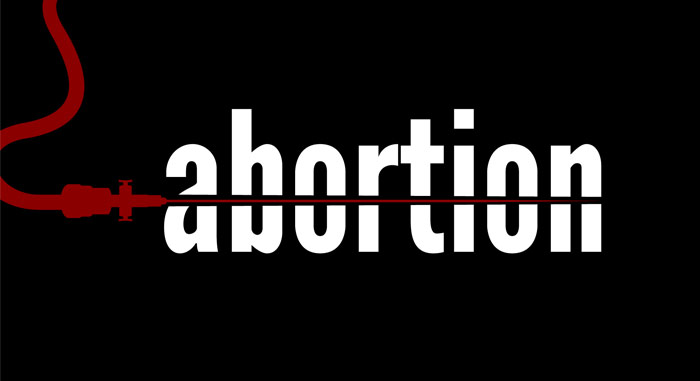
Galvanized after the US Supreme Court ended the nationwide right to abortion last June, anti-abortion forces are now targeting the prescription drug mifepristone in their campaign to win a total ban on the practice.
The suit against the US Food and Drug Administration (FDA) aims at a pill involved in 53 percent of all abortions in the United States, or more than a half-million every year.
While the FDA has never been challenged like this before on its approval of a drug that has proven safe and effective, the plaintiffs, a coalition of anti-abortion groups, believe they can win a national freeze on distribution of mifepristone.
Presiding over the case in federal court in Amarillo, Texas will be Judge Matthew Kacsmaryk, a deeply conservative Christian with a personal history of opposition to abortion and a court record of favoring right-wing causes.
The case ended up in his court via what critics call “judge-shopping,” in which plaintiffs take legal action in a district where the judge has a history of rulings that support their case.
– Record of safety –
One component of a two-drug regimen used for medication abortion, mifepristone can be used in the United States up to 10 weeks of pregnancy.
It has a long safety record, and the FDA estimates 5.6 million Americans have used it to terminate pregnancies since it was approved.
But the Alliance Defending Freedom, a Christian advocacy group, sued the FDA saying the approval of mifepristone “disavow(ed)” science, “ignored” potential health impacts and “disregarded” the complications that can arise with its use.
“The FDA failed America’s women and girls when it chose politics over science and approved chemical abortion drugs for use in the United States,” they said.
The FDA has urged the judge to reject the request.
“The public interest would be dramatically harmed by effectively withdrawing from the marketplace a safe and effective drug that has lawfully been on the market for 22 years,” it said.
– Already banned in some states –
Currently, some 15 states have laws restricting access to mifepristone by requiring a physician provide it, according to the Guttmacher Institute, a reproductive health policy and research group. Abortion care has halted in another 13 states after the Supreme Court overturned the long-established constitutional right last June.
The Texas suit seeks to block mifepristone nationally by overturning the FDA’s approval of the drug, and asks Kacsmaryk to first suspend the approval via injunction — an effective ban — while the lawsuit proceeds through his court.
Abortion rights groups say a ruling blocking mifepristone would be as earth-shaking as the Supreme Court’s ruling last year.
“Access to medication abortion would end across the country — even in those states where abortion rights are protected,” the Center for Reproductive Rights said.
If Kacsmaryk does rule for a temporary ban on mifepristone, the FDA would likely immediately appeal it, on the basis of the drug’s history and its own authority to regulate pharmaceuticals.
But abortion rights advocates were preparing for the worst.
“It seems unbelievable that a lone judge in Texas could make a ruling that would impact a product that has been FDA approved and safely marketed for more than two decades,” said Elisa Wells, co-founder of Plan C, which helps people access medical abortions.
AFP





